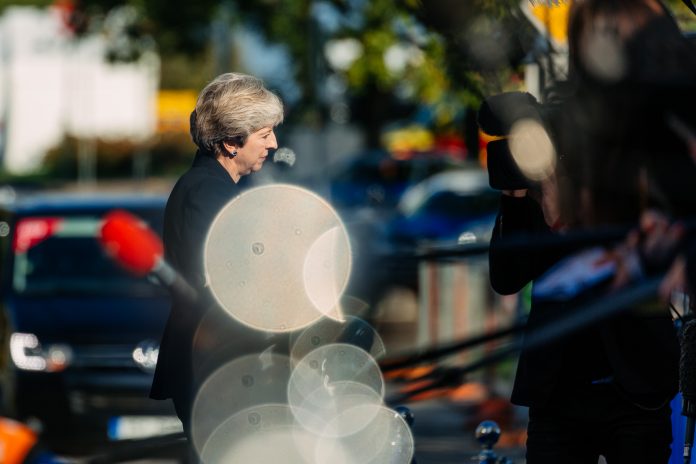The deal struck by British Prime Minister Theresa May to proceed to the next phase of Brexit talks is not binding. According to the UK’s Brexit negotiator David Davis, it is a “statement of intent” that is not “legally enforceable”.
Davis said if the UK failed to get a trade deal with the EU then it would not pay its divorce bill. He stressed, however, that the UK is committed to keeping a “frictionless and invisible” Irish border and would “find a way” to do this if there was a “no deal” Brexit.
“I think if we don’t get a deal we’re going to have to find a way of making sure we keep the frictionless border – as it were an invisible border – in Northern Ireland,” he said.
As reported by the BBC, the Brexit secretary also stressed that the odds of the UK exiting without a deal had “dropped dramatically” following the December 8 joint EU-UK statement in Brussels.
And he spelled out the kind of trade deal he wanted with the EU, describing it as “Canada plus plus plus”.
Canada’s deal with the EU, signed last year, removes the vast majority of customs duties on EU exports to Canada and Canadian exports to the EU.
But Davis said it did not include trade in services, something he wanted to see in the UK’s “bespoke” deal with the EU.
The agreement signed on December 8 by May rules out the return of a “hard border” on the island of Ireland, protecting the rights of EU and UK citizens and agreeing a formula for the divorce bill.
EU leaders are now expected to recommend starting the next phase of Brexit talks at a summit on December 14.
In a separate report, the Reuters news agency noted that the second phase of talks is expected to expose the rifts in May’s top team of ministers over what Britain should look like once it leaves the EU.
On December 9, environment minister Michael Gove, a Brexit campaigner, opened up the possibility of changing the terms of any agreement with the EU after Brexit if Britons felt that the deal had not reflected their demands to “take back control”.
“If the British people dislike the arrangement that we have negotiated with the EU, the agreement will allow a future government to diverge,” Gove wrote in a column in the Daily Telegraph.

